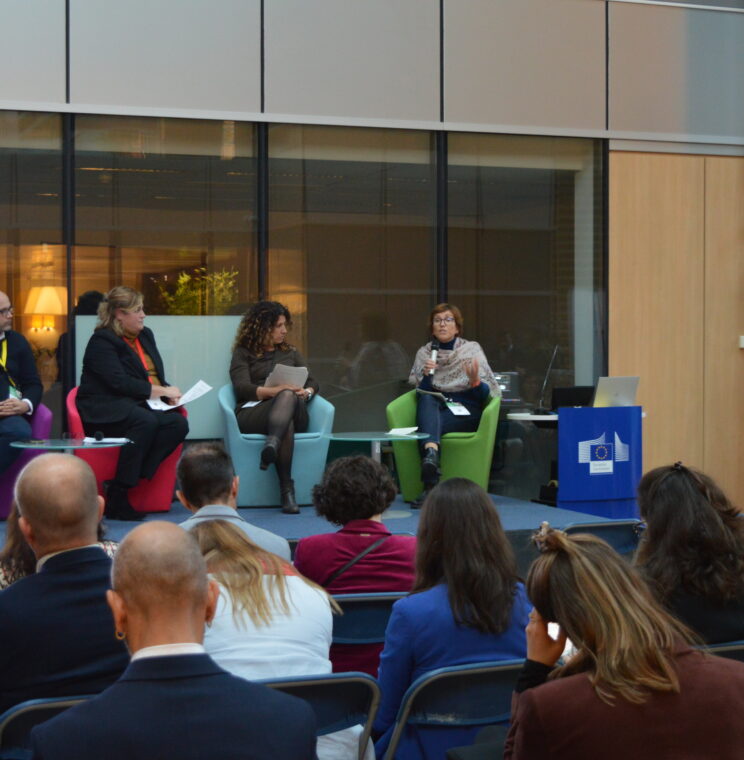Exploring the application of the Collective Impact Model in European cities
Urban security is a priority area for local policymakers and requires an innovative approach to tackle a range of difficult societal problems. These problems range from drug-related and organized crime to polarisation and radicalisation of members of the community.
Within the wider Urban Agenda Partnership on Security in Public Spaces, Ecorys was asked by the City of Mechelen to explore intervention models for which multiple actors from the community come together to collectively work towards change and tackle complex societal and security problems. The researchers particularly looked at the so-called collective impact framework that has been used mostly in the United States and Canada. The model is particularly valuable in bringing multiple actors to the table that jointly think of ways to solve problems in their community, adapt to new circumstances, and use data to improve results.
The researchers assessed several cases where collective impact models were used. In Canada, for example, gang related crime was addressed by uniting families, schools, social service agencies, churches and police forces to divert youth from pursuing criminal career paths. With collective impact models being relatively new in Europe, the researchers tried to contextualise its application to the European context by summarising the key challenges and limitations associated with the framework. Through a list of recommendations, the research aims to guide EU local policymakers in their assessment of potential benefits and applicability of the method within their city.
This study helped to analyse examples and lessons for specific urban security issues and might potentially hold possibilities for the enhancement of social cohesion and security in Europe. Nevertheless, more insight is needed to assess the applicability of the model in cities of different sizes and dealing with different problems. Ecorys can support municipalities in designing, implementing and monitoring such initiatives. The key interest is to build a compendium of knowledge that can serve researchers and practitioners across Europe.
For more information, please read the full report (pdf), or contact our consultant Mike Beke.

29 December 2021
2 minute read
Services
Key Experts
Mike Beke
Principal Consultant



